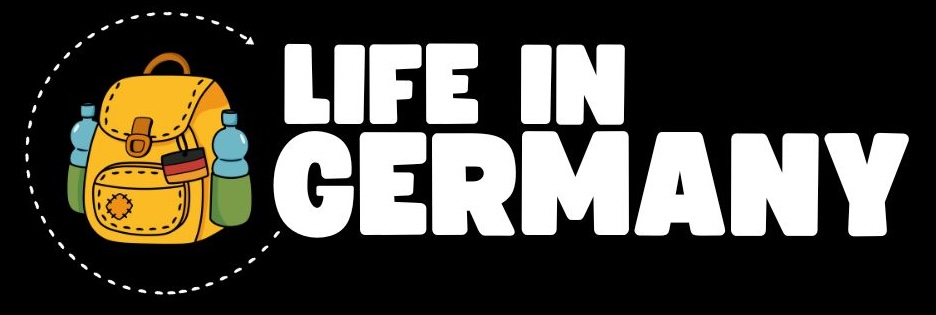For many who have relocated to Germany, mastering the German words or language is essential for daily interactions. Despite years of practice, some simple German words can still trip up even the most seasoned speakers. In this blog, we will explore seven super simple German words that many expats struggle to pronounce, along with tips to help you overcome these challenges.
7 Super Simple German Words You Might Struggle With 🤔
- 1. In the End 🕰️
- 2. Actually 🤔
- 3. Blow Dryer 💨
- 4. Schleswig-Holstein 🌍
- 5. Bear 🐻
- 6. Group 👥
- 7. Pear 🍐
- Overcoming Language Barriers 🗣️
- Final Thoughts 💭
1. In the End 🕰️
This phrase is often used in conversations, yet it can be tricky to pronounce correctly. The German equivalent is “am Ende.” Many learners find themselves fumbling over the pronunciation. The key is to break it down: practice saying “am” and “Ende” separately before combining them. Use it in sentences to become more familiar with its flow in conversation.
2. Actually 🤔
Another common word that causes confusion is “eigentlich,” which means “actually.” This word is frequently used in discussions to clarify or emphasize a point. To pronounce it correctly, try to articulate each syllable slowly: “ei-gen-tlich.” A helpful tip is to practice saying it in context, as this can reinforce your pronunciation skills.
3. Blow Dryer 💨
The word for blow dryer in German is “Haartrockner.” This term can be particularly challenging due to the umlauts and the length of the word. To master this, break it down into syllables: “Haar-trock-ner.” Practice saying it repeatedly until it rolls off your tongue effortlessly. Don’t shy away from using the word in everyday conversations to build your confidence.
4. Schleswig-Holstein 🌍
Geographical names can be tongue twisters, and “Schleswig-Holstein” is no exception. This northern German state is often mispronounced. To tackle this, try saying it slowly: “Schles-wig-Holt-stein.” Breaking it down into parts can greatly improve your pronunciation. It’s also a great conversation starter when discussing travel or regions in Germany!
5. Bear 🐻
The German word for bear is “Bär.” While it may seem simple, the umlaut can throw you off. To pronounce it correctly, focus on the sound of the “ä.” Practice saying it in different sentences to get comfortable with it. For example, “Der Bär ist groß” (The bear is big) can help reinforce proper pronunciation.
6. Group 👥
In German, the word for group is “Gruppe.” This word can be challenging, especially when speaking quickly. To pronounce it correctly, practice saying “Gru-pp-e” slowly at first, then gradually increase your speed. Using it in context, such as “Wir sind eine Gruppe” (We are a group), can help solidify your understanding and pronunciation.
7. Pear 🍐
The German word for pear is “Birne.” This word often confuses learners, especially with its pronunciation. To get it right, break it down: “Bir-ne.” Using it in a sentence, like “Die Birne ist reif” (The pear is ripe), can also aid in mastering its pronunciation. Practice makes perfect, so don’t hesitate to include it in your vocabulary.
Overcoming Language Barriers 🗣️
Language learning is a journey filled with ups and downs. It’s important to remember that everyone struggles with certain German words, no matter how long they have been speaking the language. Here are some tips to overcome these barriers:
- Practice Regularly: Consistency is key. Try to incorporate these words into your daily conversations.
- Listen and Repeat: Listen to native speakers and try to mimic their pronunciation.
- Use Language Apps: Consider using language learning apps to practice pronunciation.
- Record Yourself: Recording your voice can help you identify areas for improvement.
- Join Language Groups/Classes: Engaging with others can provide valuable practice and feedback.
Final Thoughts 💭
Mastering the German language takes time, patience, and practice. The seven super simple German words discussed in this blog can be daunting, but with the right strategies, you can overcome these challenges. Don’t hesitate to reach out to fellow learners or native speakers for help. Remember, every effort you make brings you one step closer to fluency!
Whether you’re a beginner or have been living in Germany for years, embracing the learning process is essential. Celebrate your progress, and don’t be afraid to make mistakes. They are a natural part of learning. Happy studying!
Made with VideoToBlog





